The Science Behind Your Favourite Social Media Hair Hack
From masala to minoxidil, the internet is RIFE right now with hacks to get your dry damaged locks to absolute hair goals. In our blog below, we’re going to uncover the evidence-based science behind the hottest trends right now in hair care, and tell you whether they’re hacks you should be investing your time in - such as using a hair growth serum - or a Hype that is wasting your precious time and money.
Onion Juice
Should you be adding onions in your hair care routine?
A study in the British Journal of Dermatology found that 86.9% of those with alopecia (hair loss) saw hair growth after 6 weeks of applying onion juice to their scalp twice a day for two months. Although this was a small study of only 23 people, let’s look at some theoretical scientific evidence as to why this might work.
Onions are full of sulfur, and sulfur is important for Keratin production. Keratin is a building block for hair growth and protection of hair follicles. Sulfur in onions can not only encourage structurally strong hair follicles but also suppress low grade inflammation of the scalp (which can help treat/avoid alopecia aka hair loss) AND also act as an antimicrobial against unwanted bacteria and fungi.
If you can hack the smell, onion juice, or onion oil extract may well be a worthwhile addition to your sunday at home hair remedies to help your scalp health and microbiome. To learn more about the scalp’s environment and the bacteria that lives on it, refer to the article “What is the Scalp’s microbiome?”.
Verdict: Hack
If you can hack the smell - but probably only significant if you’re able to use this very regularly and in significant amounts. Otherwise it may not be worth your time!

Hair Oiling
Hair oils have been used as a way to improve scalp and hair health for hundreds of years - but is there actually any science behind this?
Generally, oils are impermeable to water, meaning that they prevent loss of water through the scalp thereby improving hydration of the scalp. Oils such as coconut oil can also make their way into the cortex (central layer) of the hair shaft and reduce protein loss from the hair by washing and brushing. As discussed before, Keratin is a type of protein which can give the hair more strength and elasticity.
Let’s look at the currently trending castor oil and rosemary oil and see whether science backs the viral claims of oiling giving you floor length luscious locks.
-
Castor oil (Ricinus Communis) works as a moisture sealant for your scalp and also has anti-inflammatory properties that could protect against conditions like Seborrheic dermatitis - aka, severe dandruff. There is also evidence that it causes increased blood flow to the scalp, which is good for helping nutrients travel to your roots and promote good scalp health.
-
Rosemary oil has been a Tiktok viral hack that has many in a chokehold, and if that's you, then you’ll be glad to know that it can be effective for those suffering with Androgenetic alopecia - aka, pattern hair loss. In one study, Rosemary oil was actually found to be AS effective as 2% Minoxidil in promoting hair growth over 6 months. Rosemary oil however can be irritating to the skin when applied undiluted and can cause redness, irritation and even burning.
However, with promise comes peril! All oils have varying properties which are not suitable for all hair types. Those with thicker hair follicles may find higher viscosity (thicker) oils like coconut and castor oils suitable to penetrate the hair shaft, but the same oil on finer hair can cause the appearance of matted, flat hair because of its lower tensile strength - meaning it has less ability to keep its structure intact. Oils like Argon oil are rich in Vitamin E and polyphenols and have been shown to help protect the scalp against oxidative damage, often caused by things like UV exposure, pollution and your favourite 230 degree setting on your hair straighteners. (Remember to use your heat protectant!)
Sadly, there are no real clinical trials showing any benefit of Argon oil on hair growth, so we aren’t able to fully back this hack with scientific literature.
Verdict: Hack
...But with lots of Ts&Cs and potential for horror. If you use the appropriate oils for your hair you might be able to get some benefit AND rock a shiny slick back hair style before wash day. This is a HUGE topic - If you want to read more about oiling, evidence behind the viral inversion method of oiling and more about different hair types and textures, let us know!

Biotin Supplements for hair growth
Biotin is the name for Vitamin B7 and plays a key role in amino acid and fatty acid synthesis which can support Keratin production and hair structure. However, a study in 2017 concluded that it is only shown to cause increased hair growth IF you have an underlying deficiency shown in your blood tests. Once the deficiency is corrected, popping a biotin pill a day is not likely to give you any hair growth benefit. Biotin can be really useful for brittle crumbly nails though, so consider taking this if it affects you.
Verdict: Hype
No evidence base for hair growth but potentially useful for nail health…

Dermastamping (Microneedling)
If you haven’t heard of this popular technique, a dermastamp or a dermaroller is a small device with tiny needles (0.25–1.5 mm) that is intended to be rolled all over the scalp in order to trigger hair growth.
The science behind it is that this process creates tiny scalp injuries, triggering stem cells and activating chemicals called growth factors which help with encouraging the growth of hair follicles as well as increasing blood flow to the area. In a trial testing the impact of dermarolling, medication alone was tried in patients with hair loss vs medication + dermarolling. Evidence suggested that a whopping 82% patients reported 50% more hair growth by using dermarolling + Minoxidil (a hair growth treatment) as compared to only 3.4% of patients who only used Minoxidil.
However, technique is EVERYTHING when it comes to microneedling. A dirty dermaroller is asking for infection and irritation and scarring. Not cute at ALL.
Verdict: Hack
To avoid this turning into a horror, get step by step advice from your favorite dermatologist on how to use microneedling for hair growth on Instagram.
For answers to other questions you might have about hair care, check out our blog page.

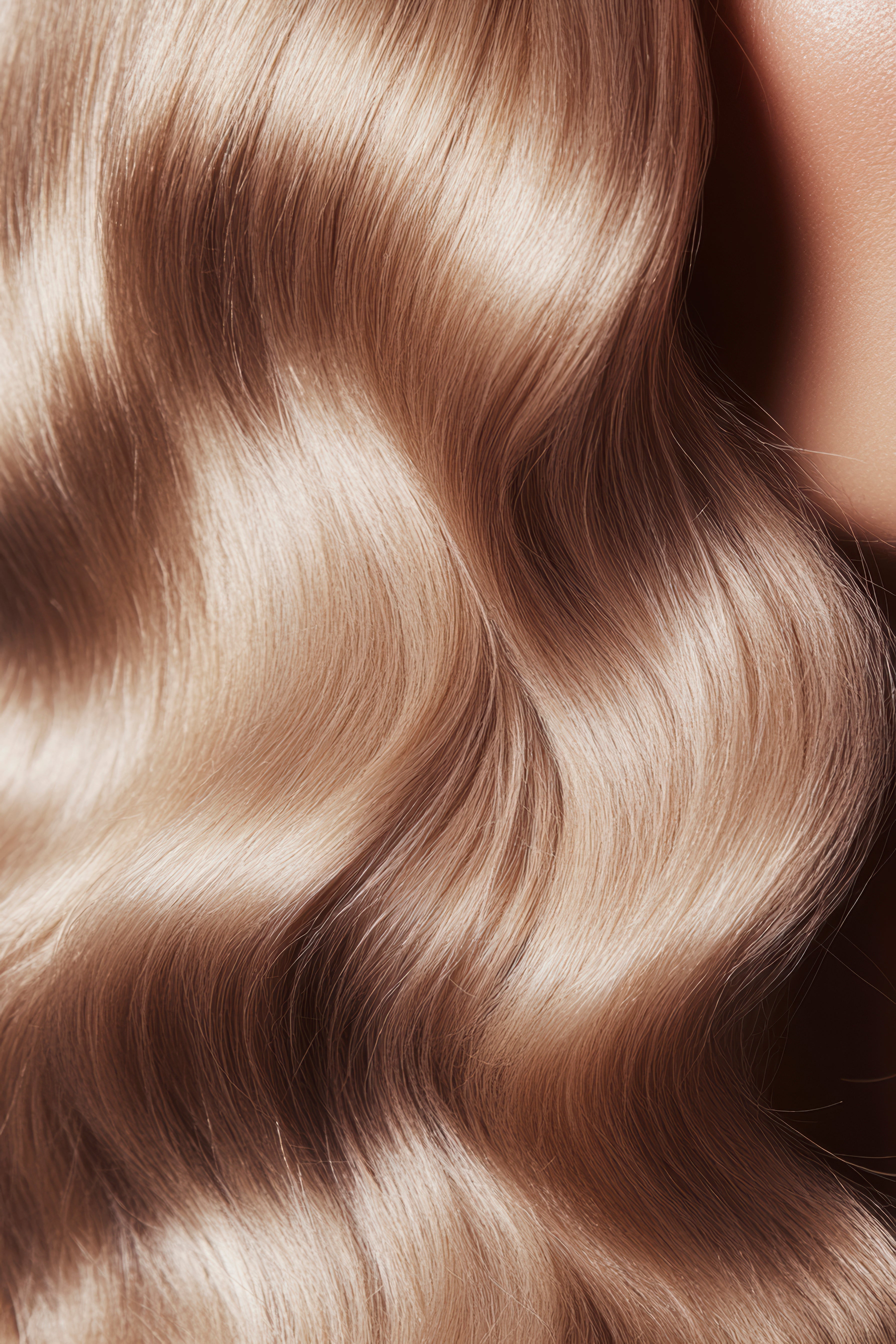

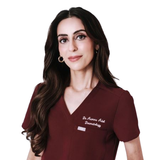
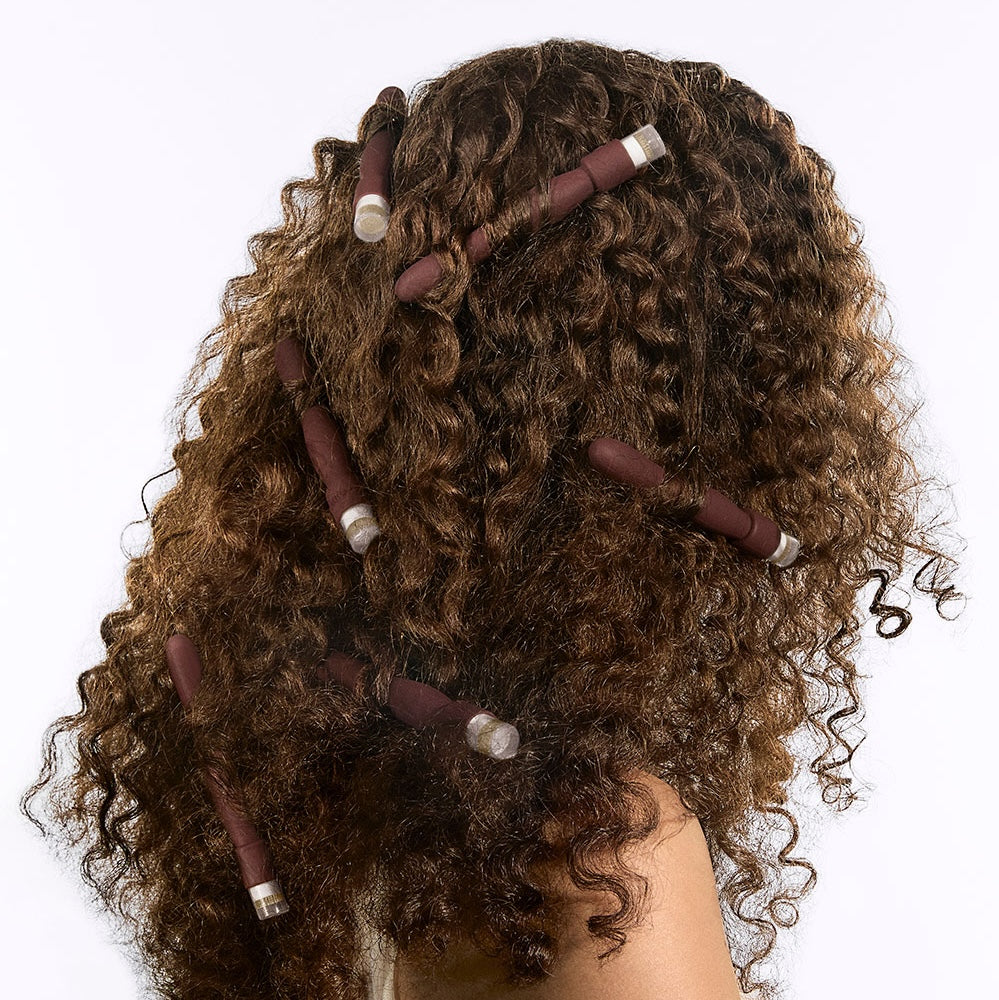
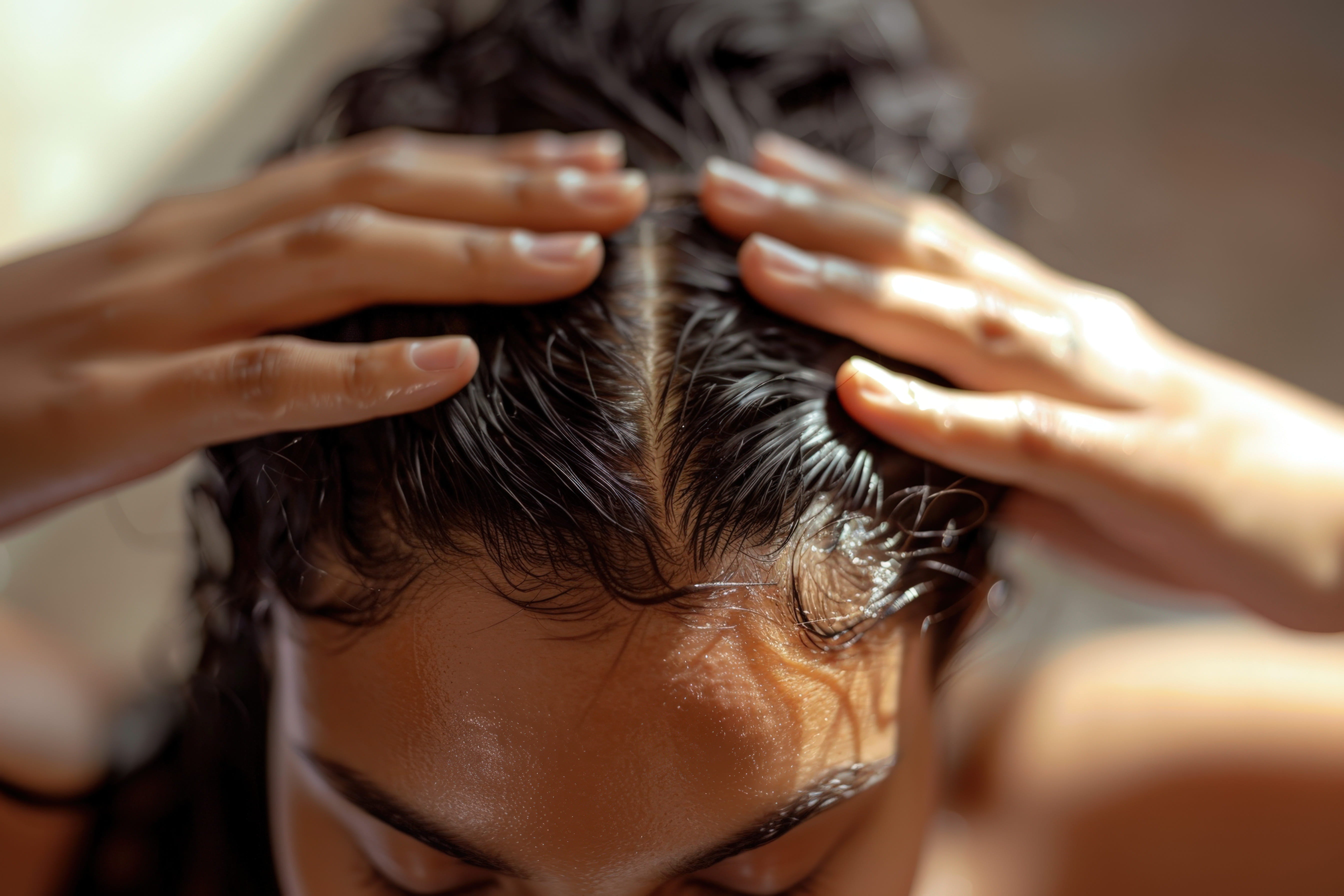
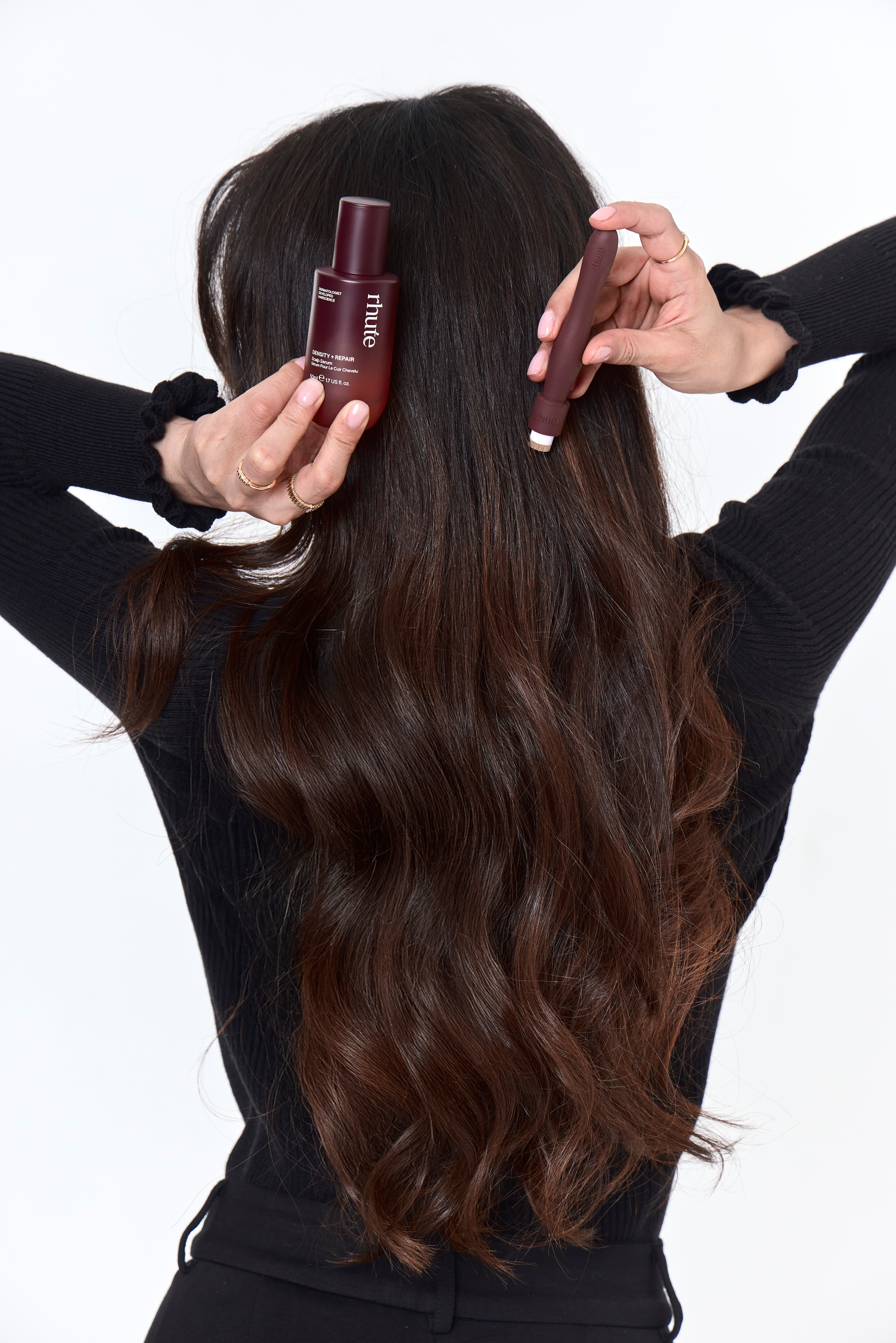
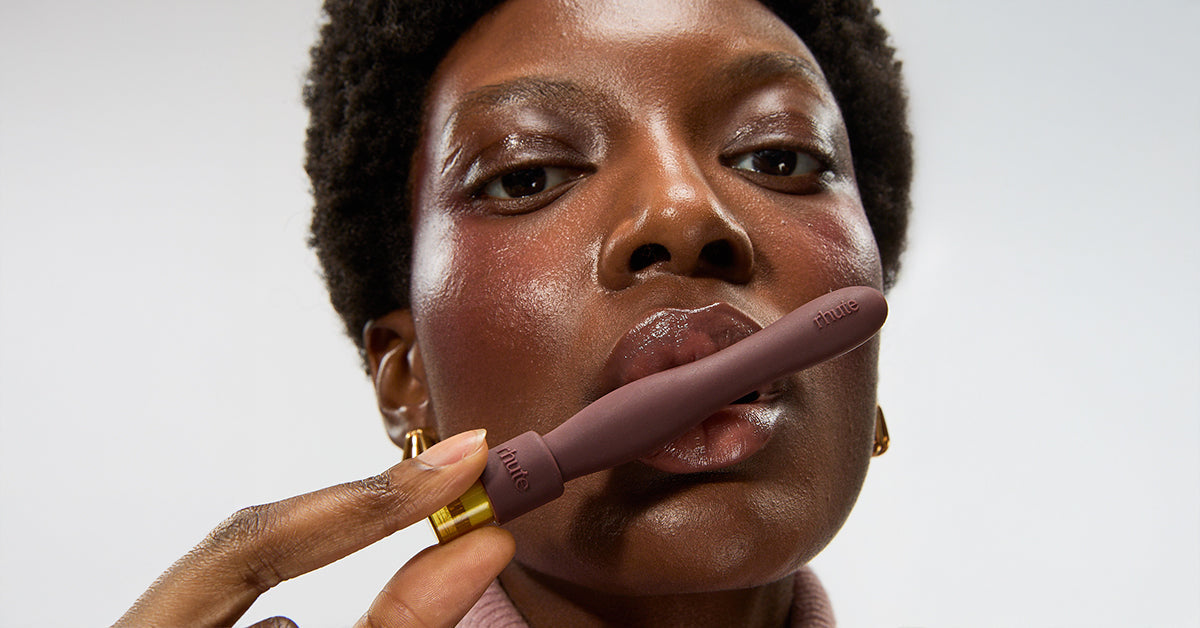
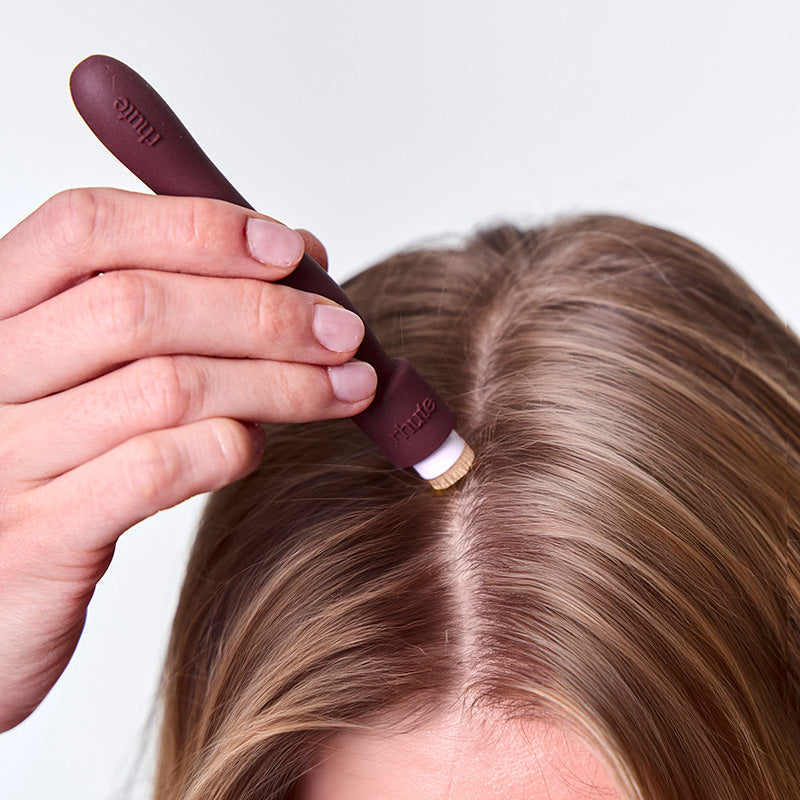
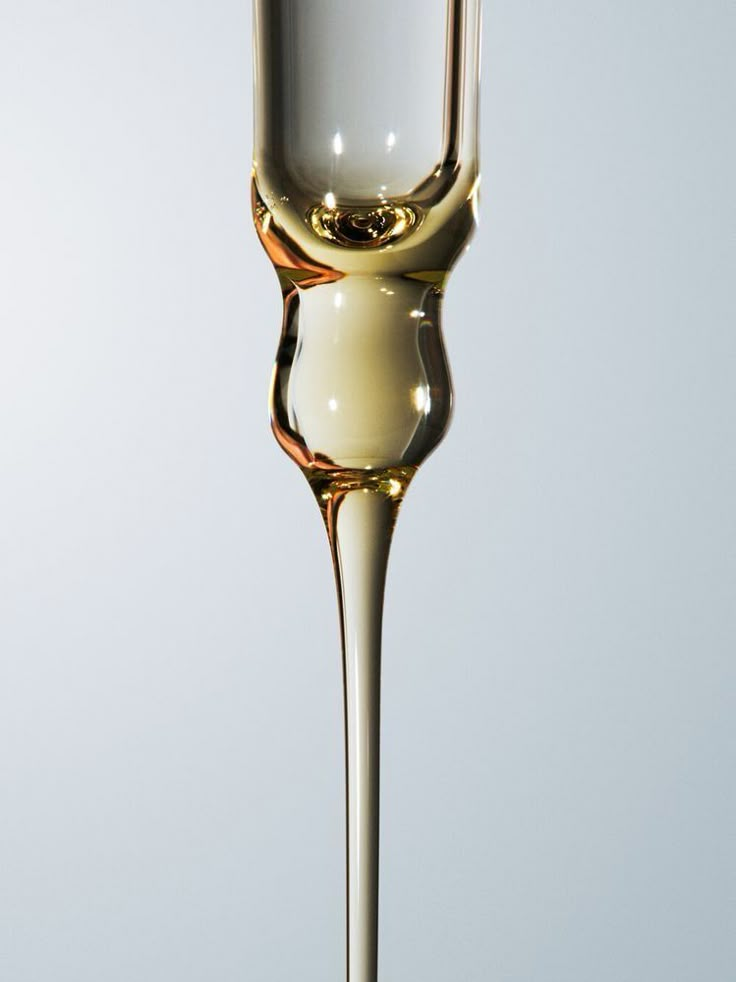
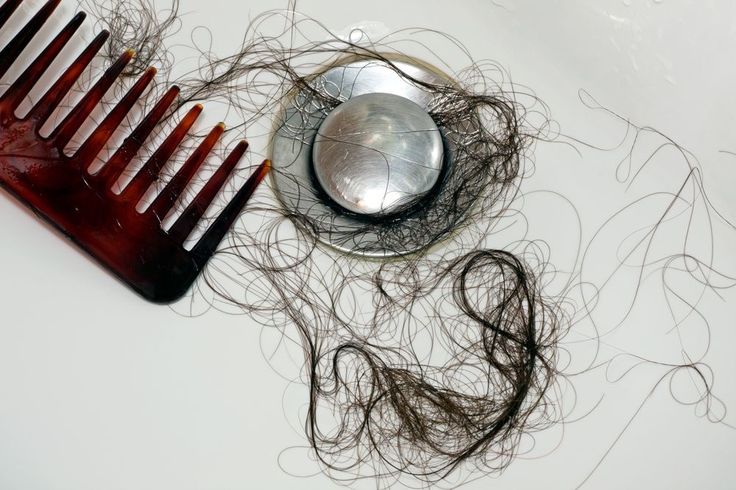

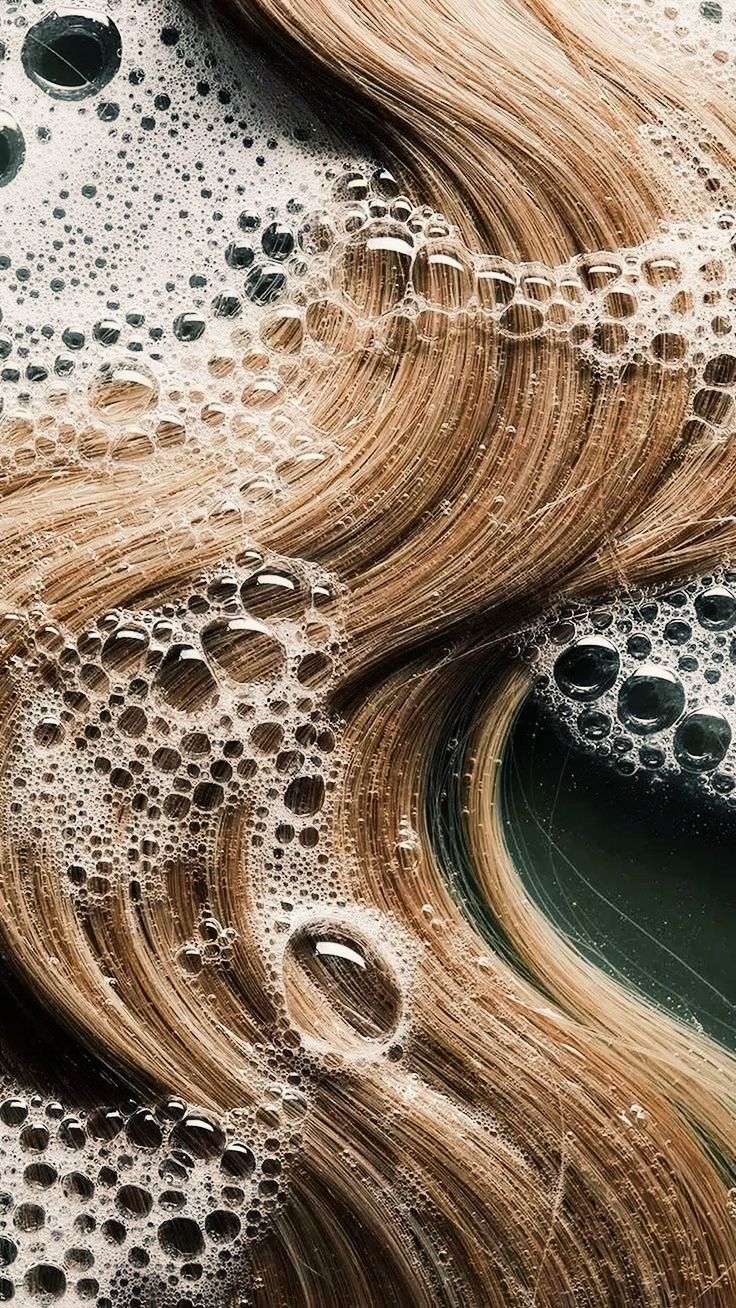
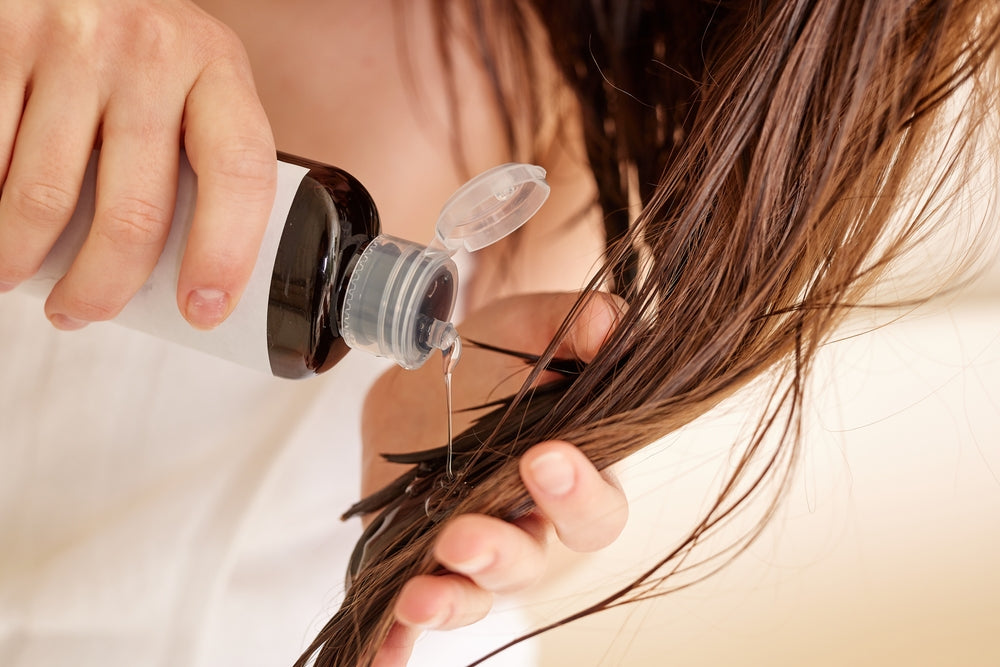
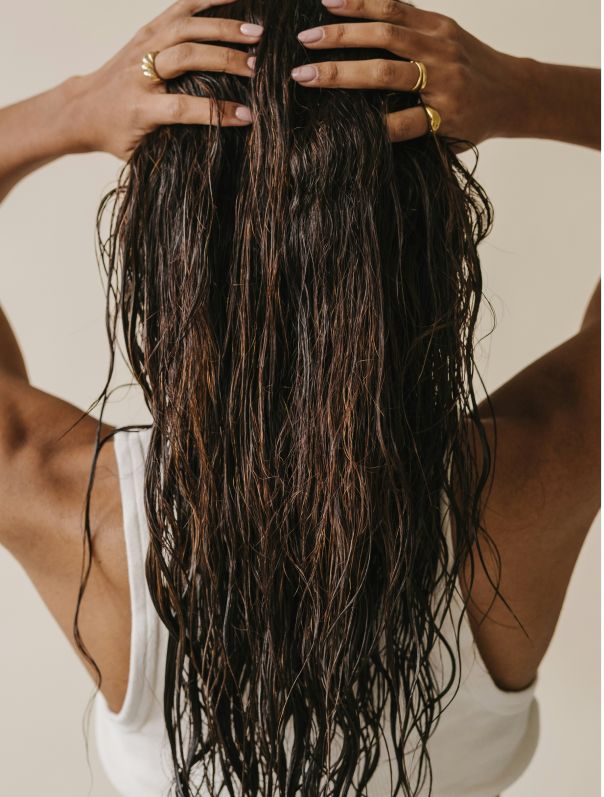
Share:
5 Ways to Improve Scalp Health According to Dermatologists
5 Ways to Improve Scalp Health According to Dermatologists